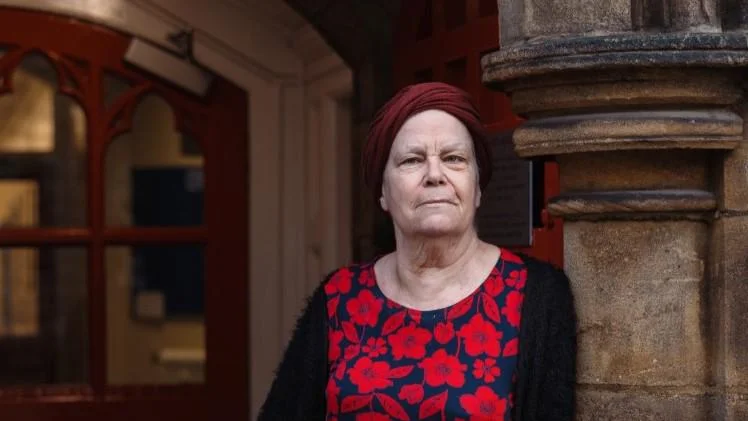African literature reading list


Jane Plastow is Professor of African Theatre at the University of Leeds. She has lived, worked, taught and researched across Africa for four decades. Her two volume A History of East African theatre covers ten nations and one hundred years, and was the first ever such regional study. She is currently running an applied arts project in Kenya and Uganda exploring links between communication and creativity in deprived communities.
I’ve selected here five works, each from a different decade in the post-colonial period and each from a different nation, in order to offer some idea of range and diverse delight.
God’s Bits of Wood by Sembene Ousmane, 1960 (Senegal)
Sembene Ousmane’s epic novel fictionalises the true story of a strike in 1947 by colonial African railway workers employed on the line that spanned large parts of French West Africa, from the Senegalese coast to Bamako in Mali. Ousmane would become known as the Father of African film and in this novel, with its form inspired by Marxist dialectics, we are constantly given highly visual vignettes, set against the almost-character of the railway itself, as the writer celebrates an historic and all-too-rare victory for African trades unions, African women and the mass of an urbanising proletariat.
The Collector of Treasures by Bessie Head, 1977 (Botswana)
I love everything by Bessie Head, a South African ‘coloured’ orphan who fled the horrors of apartheid and an abusive marriage to live out her life in poverty in neighbouring rural Botswana, writing a series of novels and short stories set in her adopted homeland. Her novels, When Rain Clouds Gatherand A Question of Power are semi-autobiographical but like this volume of short stories, imbued with a love of the quiet, often poverty-ridden lives of Botswanans in their beautiful but arid homeland.
Nervous Conditions by Tsitsi Dangerembga, 1988 (Zimbabwe)
This book was one of many that came out of a flowering of Zimbabwean literature in the years immediately following independence in 1980. It is the first, and in my view much the best, of a trilogy (the others being The Book of Not and This Mournable Body). Set during the late colonial period the novel tells the semi-autobiographical story of a very flawed but feisty heroine, Tambudzai, as it follows her childhood years, from desperately poor homestead to church boarding school and on to an elite whites-only establishment that has opened its doors to a handful of ‘African’ students. I know of no other novel that so accessibly shows how both colonialism and patriarchy combined to oppress and trap women. Dangerembga gives us a panoply of beautifully portrayed characters and rattles through her story with deliciously biting wit and flair.
The Beatification of Area Boy by Wole Soyinka, 1995 (Nigeria)
I could have recommended various plays by Nigeria’s Nobel Prize winner. Death and the Kings Horsemanor Madmen and Specialists are equally extraordinary, poetic, powerful explorations of moments in Nigeria’s tumultuous history. Beatification takes us on to the streets of Lagos, utilising satire and music to portray the lives of ordinary people as they struggle to survive against a context of rampant corruption and a brutal military. It is both very funny and a crushing indictment of the state.
Dust by Yvonne Adhiambo Owuor, 2013
Dust is the extraordinarily poetic, beautiful and often harrowing debut novel by Kenyan Yvonne Adhiambo Owuor. Set against the background of violent and disputed 2007 elections it opens with a visceral chase through the streets of Nairobi that culminates in the death of Odidi Oganga; a brilliant, upright young man whose death devastates his family and allows Owuor to interrogate the historical roots of political dereliction in contemporary Kenya. Most unusually this novel is set in the harsh lands of northern Kenya and the writer has summoned into being an extraordinary cast of characters drawn from across the region; all of whom carry something of the collective guilt that has led to personal and national tragedy.